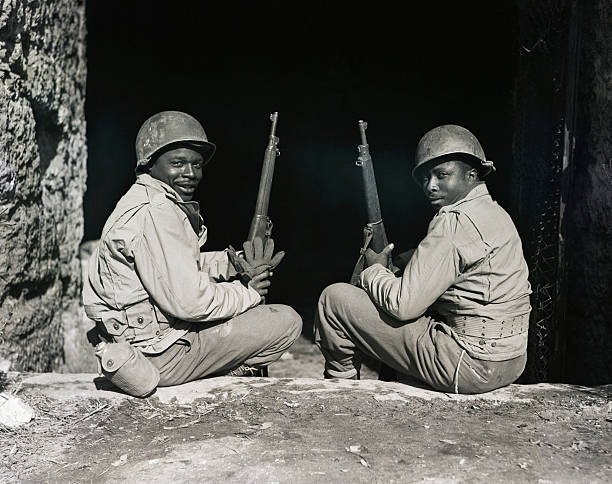From the early days of independence Africa’s story has been interrupted again and again by the echo of marching boots and gunfire in the capital. Across decades and regions the same script keeps unfolding, a promise of salvation from chaos followed by a quiet return to the same old frustrations.
The Birth of Military Power
In the 1960s and 70s many of Africa’s first coups emerged from disappointment. Independence had come with high hopes yet governance stumbled under the weight of corruption, tribal favoritism and fragile institutions inherited from colonial powers.
Young officers trained under foreign systems and driven by the ideal of national unity saw themselves as saviors of their nations. From Ghana to Nigeria from Uganda to Congo they believed that order not freedom would deliver progress.
But power is rarely pure. The same soldiers who vowed to restore discipline often discovered how intoxicating authority could be. Promises of reform turned into regimes of control and what began as rescue missions slowly became the same oppression they once condemned.
From Cold War to Cold Reality
During the Cold War Africa’s coups became part of a global chessboard. Western and Eastern powers armed, funded and favored whichever leader served their interests. In places like Zaire and Ethiopia ideology became a mask that hid dependency.
By the 1990s the global tide shifted. Democracy was the new currency of legitimacy. Multiparty systems emerged, constitutions were rewritten and soldiers retreated to the barracks. Yet beneath the surface the structure of power remained the same, centralized fragile and vulnerable to manipulation.
The Return of the Uniform
The recent coups in Mali, Burkina Faso, Niger and Gabon reveal a truth Africa keeps circling back to. This generation’s coups are not led by old generals but by young officers who grew up watching democracy fail to feed, protect or inspire their people.
Those who cheer them are also young. They are tired of elections that change faces but not fortunes. They see leaders who campaign with passion and govern with indifference. For them the coup feels like cleansing fire, a revolt against betrayal disguised as democracy.
Yet history warns that the line between liberation and domination is razor thin. Soldiers may enter with ideals but power rarely lets anyone leave unchanged.
Kenya’s Quiet Reflection
Kenya’s story sits on the edge of this conversation. The military has largely remained apolitical but the tension between faith in democracy and frustration with leadership feels familiar.
The failed 1982 coup against President Moi stands as both a scar and a lesson. It showed how fragile national unity can be when power feels distant from the people. Today Kenya’s discontent is expressed not through tanks in the streets but through protests, digital outrage and disillusioned silence.
Each election cycle revives the same question: has democracy become a ritual instead of a remedy? Citizens still queue under the sun to vote yet the hunger for accountability grows louder than the applause for results. The absence of coups does not always mean the presence of trust.
A Deeper Reflection
Africa’s coup culture is not only about soldiers seizing power. It is about the spaces where citizens have stopped believing in alternatives. When institutions decay and justice bends to privilege the gun starts to look like a faster language of change.
The real question then is not why soldiers rise but why citizens stop resisting the idea of rule by force.
Kenya’s own unease, the protests, the civic fatigue and the quiet cynicism, mirrors a continental truth. Democracy that does not deliver dignity eventually breeds defiance.
Until governments rediscover the courage to serve rather than rule and citizens regain the patience to build rather than burn the cycle will continue, dressed in new rhetoric but rooted in the same old wounds.
The Path Forward
True stability cannot be commanded. It must be earned. It grows from accountability that cuts both ways and leadership that remembers the governed are not spectators but shareholders.
Africa’s future does not belong to soldiers or politicians alone. It belongs to citizens who refuse to mistake silence for peace or elections for change.
The coup begins long before the soldiers arrive. It begins the moment a nation stops believing it can fix itself without them.


